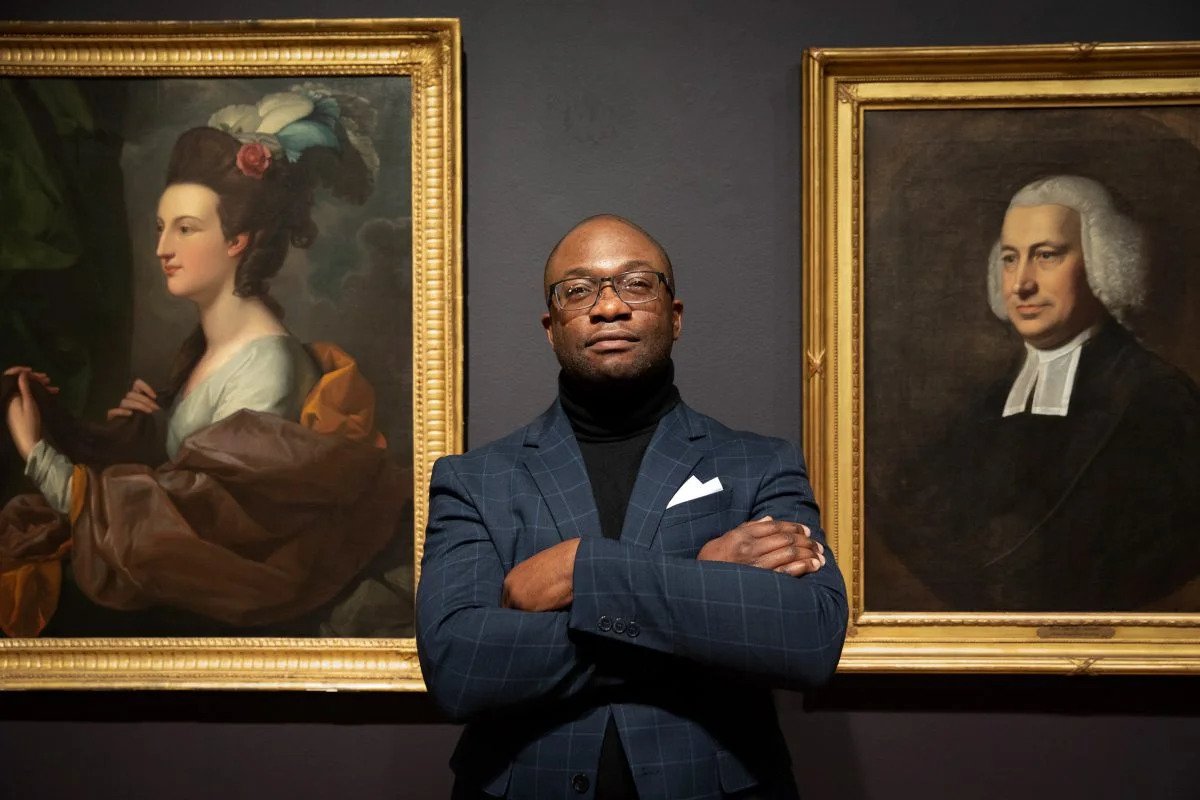
You will be in charge of artefact or artwork collections as a museum curator apprentice. This includes helping purchasing, caring for, presenting, and interpreting items to enlighten and educate the public.
It is a complicated profession that often includes extra tasks such as public relations management, marketing, fundraising, and educational programme administration. Curators must also manage personnel and create relationships with internal and external partners and stakeholders.
Because collaborative ties between museums, galleries, historical sites, and tourist attractions are becoming more widespread, it is vital to design unique and creative exhibits that appeal to a varied cross-section of the general audience. In addition, the emergence of new digital platforms offers curators additional avenues for disseminating and connecting with collections.
Responsibilities
Throughout your apprenticeship, you may help:
- select, buy or borrow items
- research, identify and catalogue collections
- make sure exhibits are safe, stored securely and in the right conditions
- arrange conservation and restoration
- help visitors to interpret and enjoy exhibits and collections
- organise publicity and fundraising
- give talks
- train or supervise gallery or museum volunteers or paid staff
- negotiate funding and the loan of exhibits.
Salary
- The annual salary for assistant curators is around £18,000 to £25,000, depending on location and responsibilities.
- Typical salaries at a higher level, for those with experience, range from £26,000 to £35,000.
- Salaries at senior level such as lead curator or head of collections can exceed £40,000.
Working hours
Working hours are typically Monday through Friday, 38 to 40 hours a week, while overtime may be necessary for the run-up to an exhibition to compensate for late-night meetings or other work-related social activities.
Working environment
You could work in a museum or at an art gallery.
Your working environment may be physically active.
Qualifications
Qualifications you can achieve as an apprentice museum curator include:
- Level 7 Curator – Entry requirements for this level include 4 or 5 GCSEs at grades 9 to 4 (A* to C) and A levels, or equivalent, for a higher or degree apprenticeship. This qualification will take 36 months to complete.
Skills
On a museum curator apprenticeship, you’ll learn:
- knowledge of the fine arts
- to be thorough and pay attention to detail
- an interest and knowledge of history
- business management skills
- knowledge of how to teach and engage learners
- leadership skills
- the ability to use your initiative
- the ability to work well with others
- to be able to use a computer and the main software packages competently.
Employers
According to the MA, the United Kingdom has over 2,500 museums, and galleries, with over 1,800 of them recognised under the Accreditation Scheme, which defines nationally approved standards for museums and galleries in the United Kingdom.
Galleries and museums may be found all around the nation, with some showing specialised collections and others displaying a broader range of artefacts and exhibits.
Northern Ireland Museums Council (NIMC) offers museum information in Northern Ireland.
In contrast, some tiny galleries and museums may have just one professional staff member and rely heavily on volunteer support.
If you work in a public museum or gallery, you will almost certainly be employed by the leisure or education department. The collections of these museums often depict the area’s history, industrial heritage, or topography.
Independent museums, many of which are run as non-profit organisations, offer more than half of the museum service in the United Kingdom. They range from relatively small organisations formed by individuals and solely administered by volunteers to large, regional, and national institutions. For further information, go to the Association of Independent Museums (AIM).
There are also professional national museums and regimental museums, which retired officers typically run.
There are opportunities to work in specialised museums, which are often managed by commercial organisations, as well as with private collections.
Look for opportunities in the local and national press and on the websites of specific museums or galleries.
Professional development
The MA offers a variety of continuous professional development (CPD) programmes for its members, all of which are oriented at persons who are already working in the industry:
- Associateship of the Museums Association (AMA)
- Fellowship of the Museums Association (FMA)
Regional museum federations, specialist organisations, and private training providers offer a variety of in-service courses. Unfortunately, many of these courses are only available to volunteers.
Career prospects
Most curators will have worked as assistant curators or assistants in other museum or gallery work areas before becoming curators. Therefore, most assistant-level job advertisements will need two years of relevant experience.
You must take responsibility for managing and developing your career, which may include freelancing and consulting employment if you possess the required skills and contacts. You may also shift between sectors, mainly if you are in senior management or a technical expert. However, future progress will likely be into broader-based managerial jobs with less direct contact with collectors.
Budgeting, financial management, and the generation of funds via fundraising, entrance fees, and merchandising are crucial skills for generalist curators and those aspiring to higher positions.
While many museums and galleries do not charge admission, the value they give in terms of cost per visitor per year is carefully examined. Curators must cultivate favourable relationships with donors and develop professional skills and competencies to help them engage with key stakeholders such as local communities, governing bodies, and research institutions.
All museum workers should follow the MA’s code of ethics for museums.
